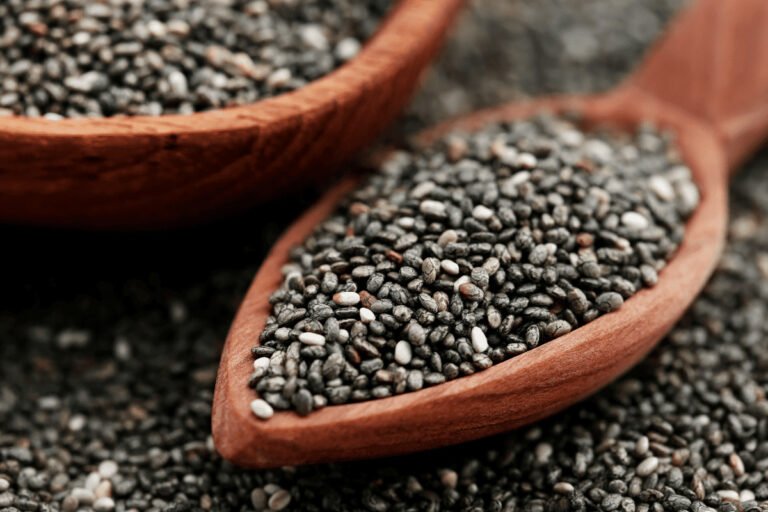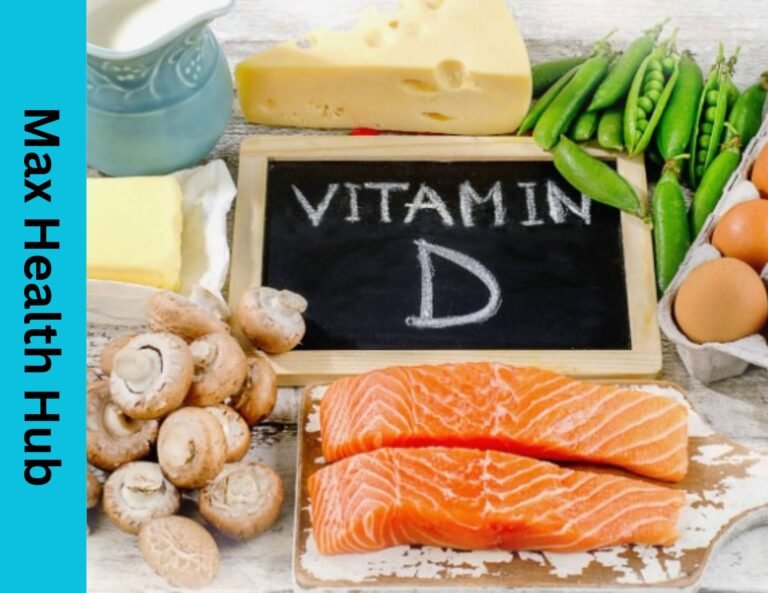How do You Lower Your Cholesterol Without Taking any Medications?
Maintaining healthy cholesterol levels is crucial for cardiovascular well-being. While medications are a common approach, there are several natural methods to lower cholesterol without relying on pharmaceutical interventions. Adopting a holistic lifestyle that includes dietary changes, regular exercise, and other healthy habits can contribute significantly to cholesterol management.
Dietary Adjustments:
A key factor in cholesterol management is making informed dietary choices. Incorporating a heart-healthy diet rich in fruits, vegetables, whole grains, and lean proteins can have a positive impact. Foods high in soluble fiber, such as oats, beans, and fruits, can help lower LDL (“bad”) cholesterol. Additionally, replacing saturated and trans fats with healthier fats found in olive oil, avocados, and nuts can contribute to improved cholesterol profiles.
Exercise and Physical Activity:
Regular physical activity is another effective strategy for cholesterol control. Engaging in aerobic exercises, such as brisk walking, jogging, or cycling, can elevate levels of HDL (“good”) cholesterol while aiding in overall cardiovascular health. Aim for at least 150 minutes of moderate-intensity exercise per week, and incorporate strength training exercises to enhance overall fitness.
Weight Management:
Maintaining a healthy weight is closely linked to cholesterol levels. Shedding excess pounds, even a modest amount, can positively impact cholesterol profiles. A combination of a balanced diet and regular exercise is key to achieving and sustaining a healthy weight, reducing the risk of high cholesterol and related cardiovascular issues.
Smoking Cessation:
For those who smoke, quitting is a critical step in improving cholesterol levels and overall cardiovascular health. Smoking damages blood vessels and lowers HDL cholesterol. By quitting smoking, individuals can not only halt further damage but also experience positive changes in their cholesterol levels over time.
Stress Management:
Chronic stress has been linked to elevated cholesterol levels. Incorporating stress-reducing activities such as yoga, meditation, or deep breathing exercises can positively impact cholesterol and contribute to overall well-being. Finding healthy ways to cope with stress is essential for long-term cardiovascular health.
Conclusion:
Lowering cholesterol without medication involves a multifaceted approach that encompasses lifestyle changes and healthy habits. By focusing on a nutritious diet, regular exercise, weight management, smoking cessation, and stress reduction, individuals can take proactive steps towards achieving and maintaining optimal cholesterol levels, reducing the risk of cardiovascular diseases in the long run.







